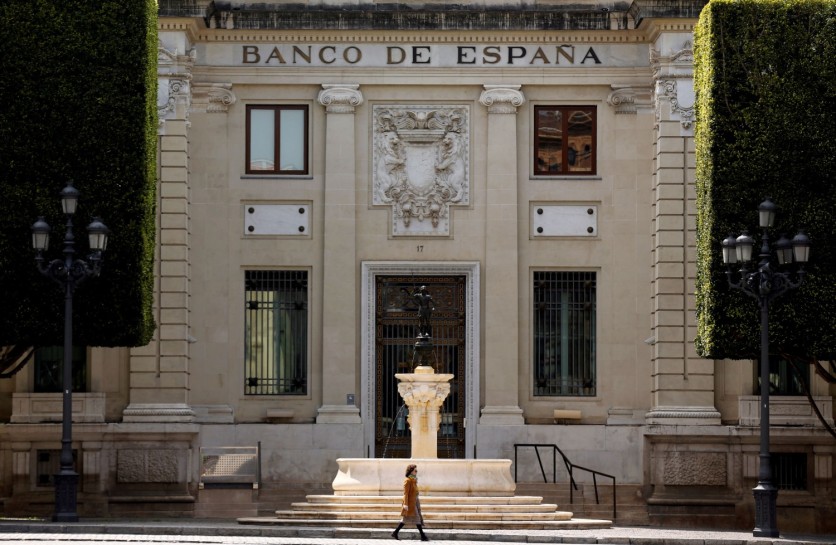Spanish scientists discovered evidence of COVID-19 in a Barcelona wastewater sample collected in March 2019. It was nine months before the novel coronavirus was identified in China.

The discovery of the presence of the virus genome in Spain so early, if confirmed, would imply that the disease may have appeared much more first than the scientific community thought.
However, independent experts reviewing the findings said they doubted the assertion. The study was flawed, they said, and other lines of evidence strongly suggest that the virus developed late last year in China.
Coronavirus found in Barcelona's wastewater treatment facility
The team at the University of Barcelona, which tested wastewater since mid-April this year to detect possible new outbreaks, also planned to conduct experiments on older samples.
They discovered that the virus was present in Barcelona on January 15, 2020, 41 days before the first case was officially identified.
Researchers at Barcelona University reported their results online on June 13. Much of their study detailed early 2020 work into wastewater treatment. However, the surprising finding in March 2019 was only briefly stated at the end of the paper.
They then conducted sample tests between January 2018 and December 2019 and found the virus genome's presence in one of them, collected on March 12, 2019.
"The levels of SARS-CoV-2 were low but were positive," research leader Albert Bosch was quoted as saying by the university.
Researchers in Europe, Australia, and the United States discovered the rising rates of the virus genes in wastewater days before reported cases were recorded. These discoveries had led several researchers to examine samples of frozen wastewater from earlier periods, seeking evidence of the presence of the virus before anyone knew how to look for it.
Last week, Italian researchers reported finding the virus on December 18 in Milan and Turin, two months before Covid-19 cases besieged northern Italy.
Dr. Bosch found it possible that the virus would occur in Barcelona in March but not happen through the recent samples.
"Respiratory viruses usually have [peaked] around this time of the year," Dr. Bosch said. "Probably the virus then disappeared."
Conclusions too early to draw
The research was put forward for peer review. The work received further coverage on Friday, June 27, when the university posted a news release.
The Spanish Society for Public Health and Sanitary Administration's Dr. Joan Ramon Villalbi told Reuters that definitive conclusions were too early to draw.
"When it's just one result, you always want more data, more studies, more samples to confirm it, and rule out a laboratory error or a methodological problem," he said.
Because of the virus's similarities to other respiratory infections, there was the potential for a false positive. Villalibi said the results are definitely exciting and suggestive.
Bosch, who is president of the Spanish Virology Society, said early detection may have improved the response to the pandemic, even in January. Instead, patients were likely misdiagnosed with common flu, contributing to transmission to the community before measures were taken.
Prof. Gertjan Medema of the Netherlands KWR Water Research Institute and his team began using a wastewater COVID-19 test in February. The results indicated that the Barcelona group would repeat the experiments to confirm that it is really the SARS-CoV-2 virus.
ⓒ 2026 TECHTIMES.com All rights reserved. Do not reproduce without permission.




